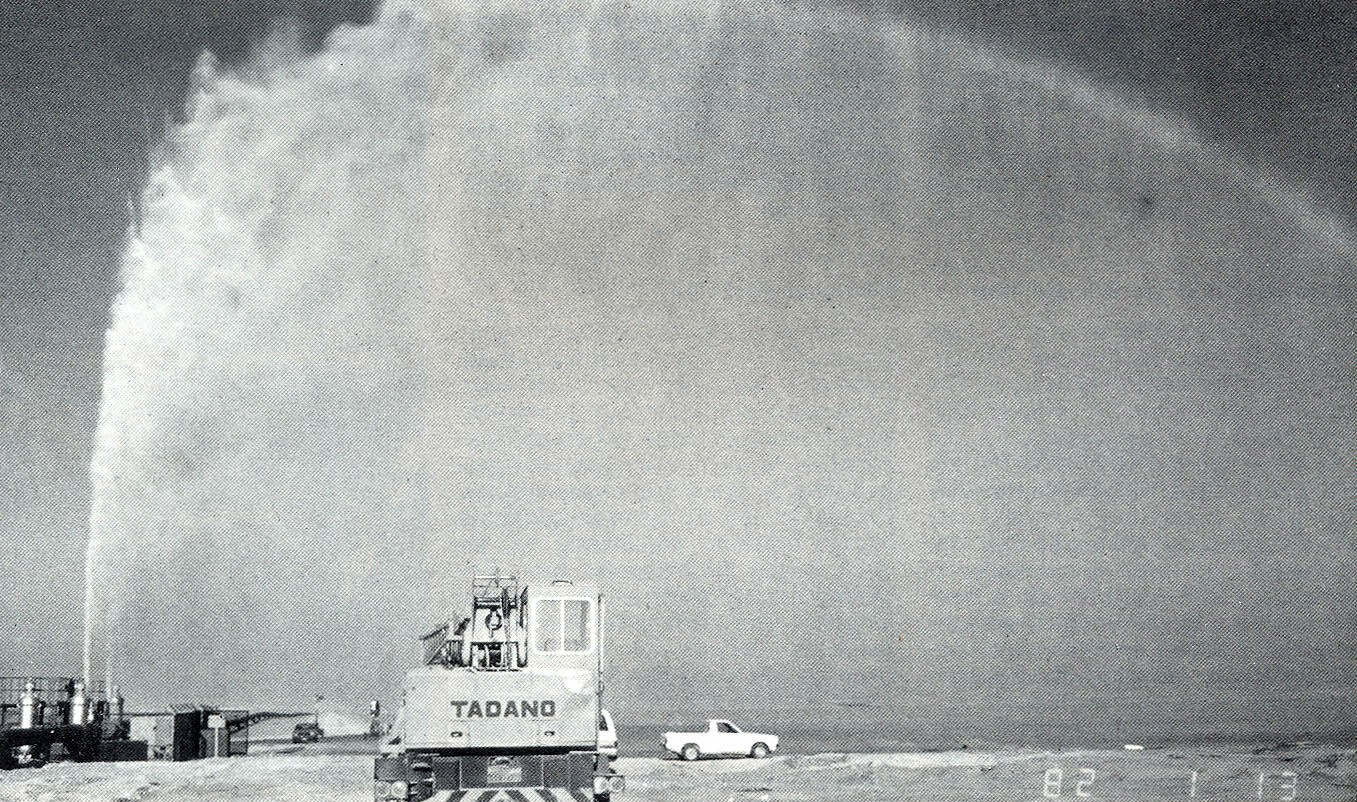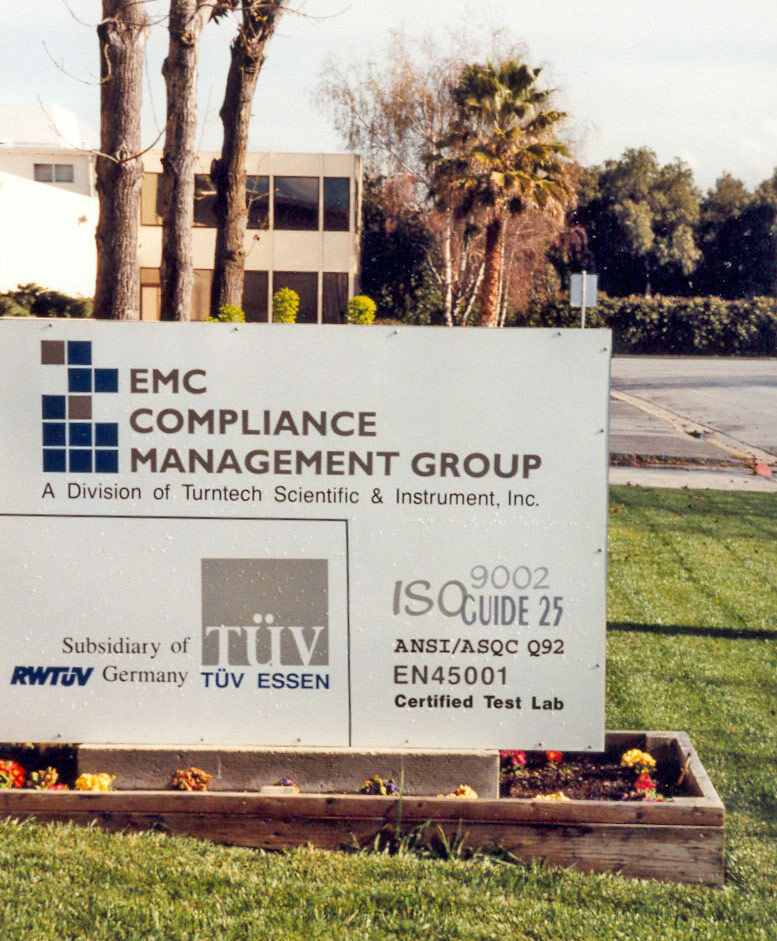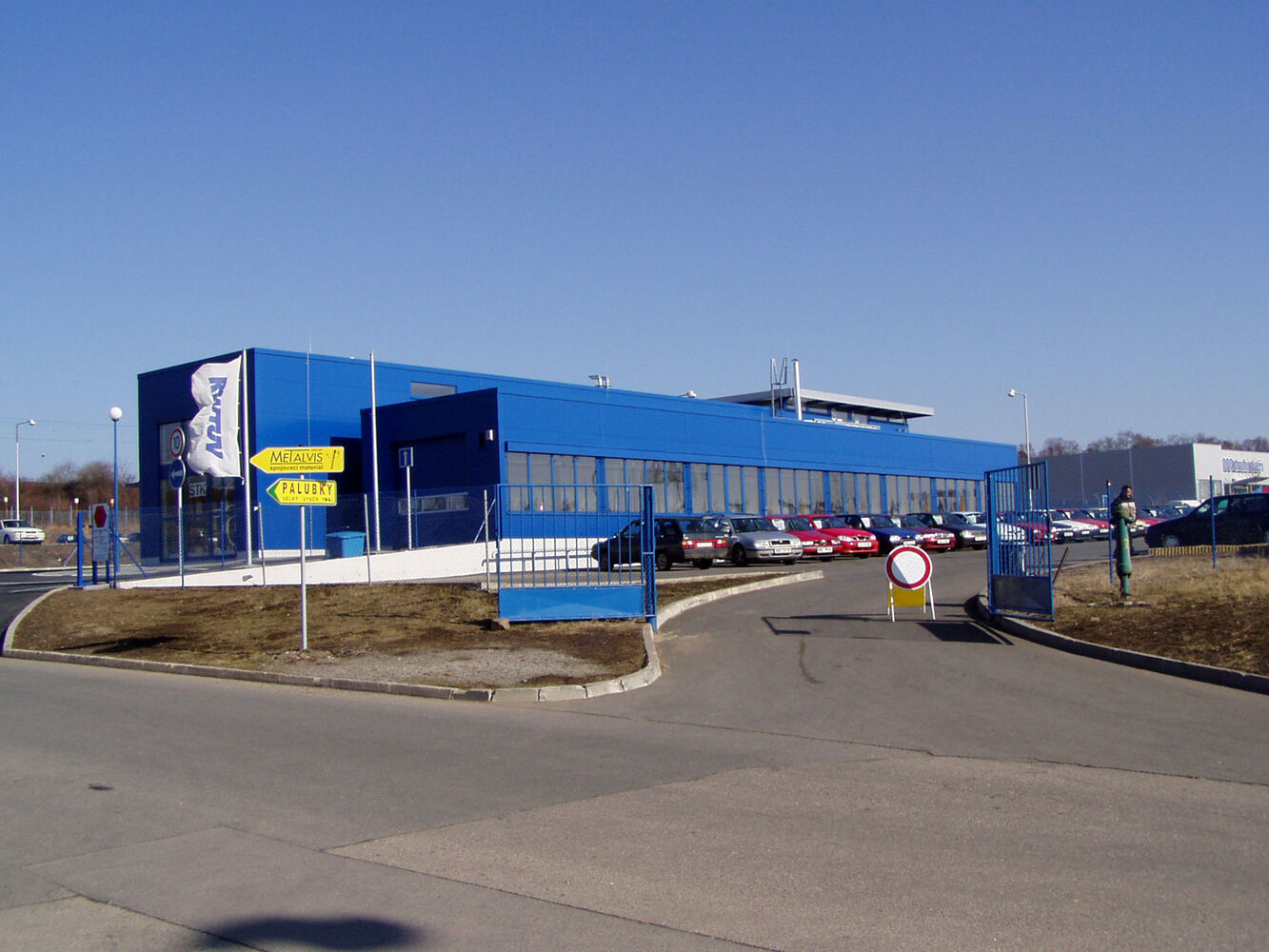"Diversität leben - eigentlich ist das für uns alle Alltag. Aber diese Diversität wollen und müssen wir auch im Arbeitsleben noch konsequenter abbilden. Davon profitieren wir, Diversität ist heute Grundvoraussetzung für Erfolg!" Das Statement kommt von Herzen. Sehen Sie selbst!
The establishment of free competition within the young European Union opened the borders to internationally successful inspection companies like Lloyd’s Register, Bureau Veritas and SGS. During the same period, the TÜV companies in Germany were competing against each other for the first time due to the elimination of monopolies and territory restrictions. But the business mantra “let’s take it international” didn’t apply only to the technical inspection associations: German industry also had its sights set on foreign markets. From the mid-1970s, with the beginning of globalisation, production facilities were increasingly relocated abroad. Their planning and setup called for the vigilant expertise of TÜV professionals.
In 1979, RWTÜV adopted its own principles for international activities. The aim was to help its companies expand out of Germany. It also wanted to counter foreign competition by actively shaping and influencing the development of international rules and standards to reflect German and European ideas. To provide a legal basis for overseas activities, partnerships with local testing companies were sought and official approval in other countries was pursued.

In consultation with the domestic TÜV associations, an agreement was reached on allocating spheres of influence. RWTÜV initially expanded to the United Kingdom and the Netherlands. A deal also had to be struck with the German business associations, because their support was essential. They were concerned that the German TÜVs might become too independent and transfer know-how to foreign competitors.


These obstacles only temporarily slowed the success of RWTÜV’s international expansion. From 1977, RWTÜV supervised the construction of the ANGRA II nuclear power station in Brazil. In 1979, it set up an office in London, which soon became the first foreign subsidiary, TÜV UK Ltd. RWTÜV also established offices in the Netherlands, followed by companies in Saudi Arabia and the United States in 1983 and 1984. The main driver of the overseas business continued to be systems engineering, much more so than vehicle technology which was so successful at home. Vehicle inspections as we know them in Germany did not exist in America, for example. ISO 9000 certification of management systems became another important pillar. By the end of the 1980s, RWTÜV was represented in almost twenty countries.

INDUS Ingenieur-Dienstleistungen für Umweltschutz und Sicherheitstechnik GmbH was founded in 1989 as a holding company. It provided a structure for the system of affiliated companies in Germany and abroad, facilitating the strategic management of international business activities and a quick resolution to any difficulties that arose (Indus graphic p. 93). In 1995, the explicit ties of some subsidiaries to individual business areas were taken into account: INDUS was dissolved and replaced by RWTÜV International Engineering Services GmbH as the holding company for foreign companies in the systems engineering sector.
Today’s RWTÜV Group is represented in over 30 countries in Europe, Asia, North America and Australia, providing highly regarded technology services through its Insurance Services, Telecommunications, and Energy & Environment business units. It employs more than 2,000 people in Germany and internationally.
